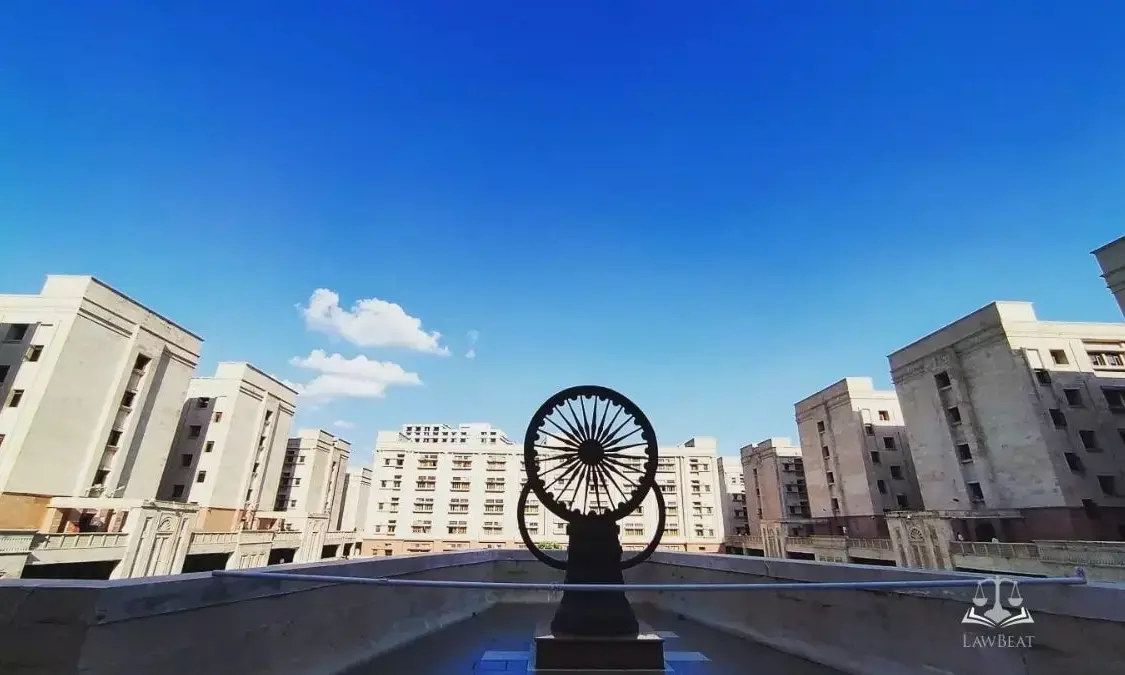Allahabad HC Judges Urge Full Court to Reject SC’s Order Stripping Justice Prashant Kumar of Criminal Jurisdiction

In an unprecedented development, thirteen judges of the Allahabad High Court have addressed a letter to Chief Justice Arun Bhansali, requesting the convening of a full court to deliberate on whether the High Court should give effect to the Supreme Court’s order dated August 4, 2025, which directed that Justice Prashant Kumar be divested of criminal jurisdiction.
The communication, signed by sitting judges of the High Court, reflects a collective institutional concern over implementing the Supreme Court’s direction without a full court discussion. The judges have requested that the matter be placed before all members of the High Court in a full court meeting “at the earliest.”
The letter specifically refers to the Supreme Court’s order dated August 4, 2025, passed in connection with a pending matter, which issued directions that have the effect of stripping Justice Prashant Kumar of criminal jurisdiction. The signatories have sought to consider whether those directions should be implemented, given the administrative autonomy of the High Court.
In their communication, the judges have made it clear that the matter relates to the functioning of the High Court itself and touches upon the administrative powers vested in it. The letter is believed to stress the importance of collective decision-making when such directions have far-reaching consequences for the working of the court and one of its members.
While the contents of the Supreme Court’s August 4 order are publicly known, the response from within the Allahabad High Court had not until now been formally expressed. The letter represents the first collective written response from within the High Court raising the issue of whether the order should be implemented without deliberation by all judges.
The signatories have not made any conclusive statements on the merits or legality of the Supreme Court’s direction but have instead focused their concern on the institutional process and decision-making mechanisms within the High Court. They have noted that such a significant administrative decision, affecting judicial roster and assignment, warrants discussion at the full court level.
As of now, there has been no formal response from Chief Justice Arun Bhansali regarding whether a full court meeting will be convened pursuant to the request.
The letter stands out for the fact that a substantial number of sitting judges have come together to seek an internal deliberation on an order passed by the apex court. While such letters are not unprecedented, it is unusual for them to be signed by multiple judges and shared with the Chief Justice for institutional consideration.
The development signals a desire among the judges to preserve the High Court’s administrative independence, particularly when it concerns allocation of judicial work. It also brings to the fore the question of how High Courts respond to directions from the Supreme Court that intersect with their internal functioning.
Justice Prashant Kumar, who has been at the centre of the Supreme Court’s order, continues to serve as a judge of the High Court, although the implementation of the August 4 directive would mean that he no longer handles matters related to criminal law.
